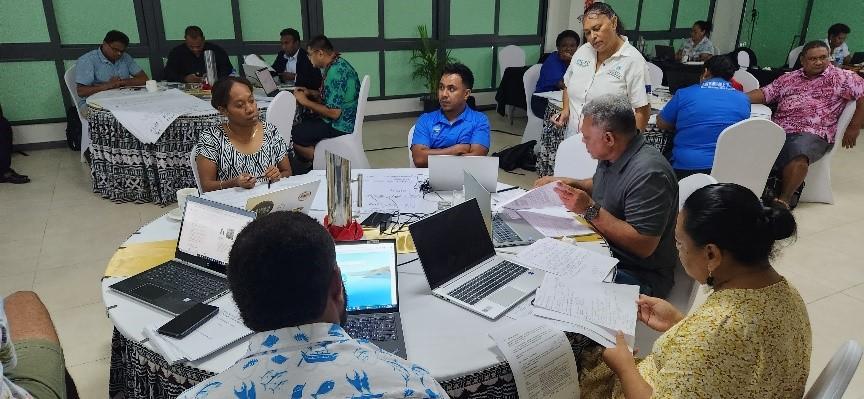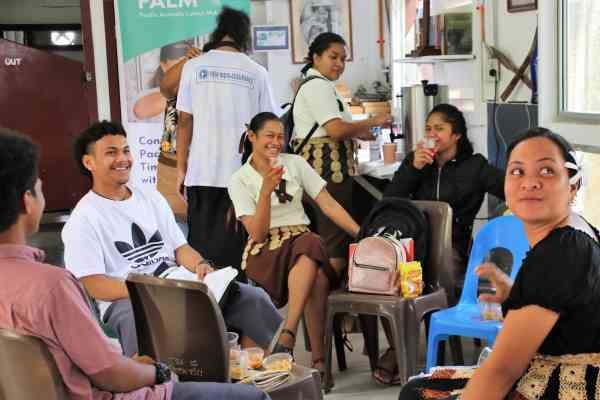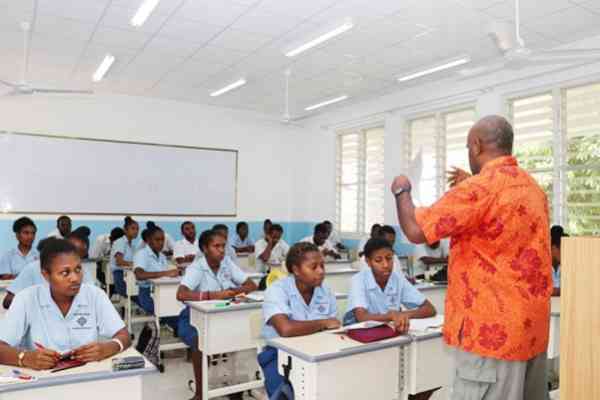(contenu disponible en anglais uniquement)
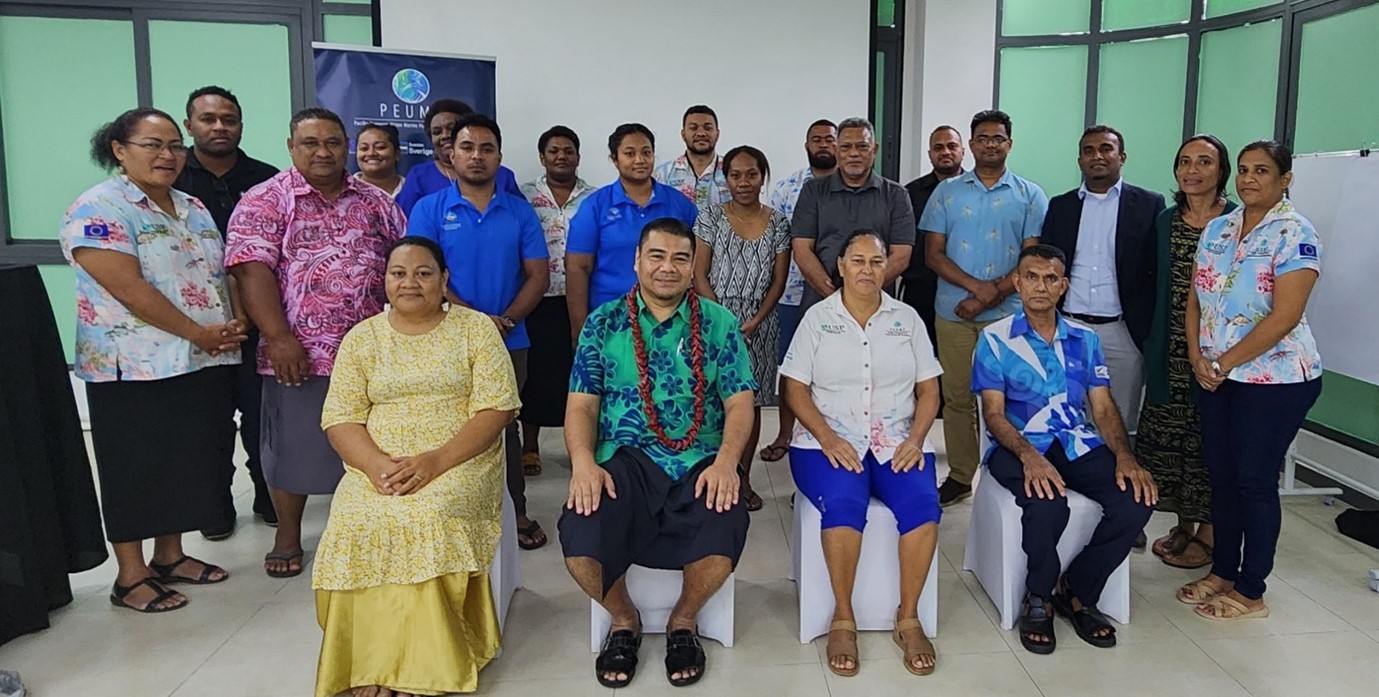
The Pacific Community’s (SPC) Educational Quality and Assessment Programme (EQAP) successfully facilitated the endorsement of two new micro-qualifications (MQ) focussing on enhancing agricultural and fisheries value chains and scaling up community-based fisheries management in the Pacific.
The MQs were endorsed by Pacific region industry experts in a week-long workshop in June led by the University of the South Pacific’s (USP) Pacific-European Union Marine Partnership (PEUMP) programme in collaboration with EQAP.
The endorsement meeting followed a series of workshops consisting of the development, vetting and review process of the two MQs.
“All throughout, we ensured that there was representation and engagement of the industry during the development of the micro-qualifications. During the endorsement process, industry representatives and other stakeholders scrutinised the micro-qualifications, provided feedback on any necessary revisions, and finally approved them as training programmes that were appropriate in addressing the needs of the industry and will equip graduates with skills and competencies that are relevant and current and are suitable for delivery by training providers,” said EQAP’s Qualifications Team Leader, Rajendra Prasad.
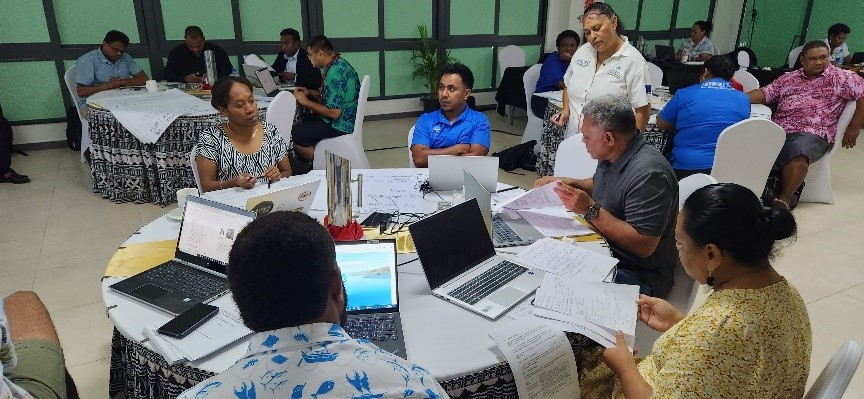 Prasad stated that EQAP is focused on ensuring that all training programmes are aligned to the industry’s needs, “This is to ensure that the graduates of the training programme are work ready and get employment easily”.
Prasad stated that EQAP is focused on ensuring that all training programmes are aligned to the industry’s needs, “This is to ensure that the graduates of the training programme are work ready and get employment easily”.
Representatives of training institutions from around the region and the Industry Advisory Committee were present and actively participated in the drafting, reviewing and final endorsement of these MQs.
SPC is also a key partner of the PEUMP programme and prioritises developing the capacity of key stakeholders in the sustainable management of marine resources and the environment.
Funded by the European Union and the Government of Sweden, the EUR 45 million PEUMP programme promotes sustainable management and sound ocean governance for food security and economic growth, while addressing climate change resilience and conservation of marine biodiversity. It follows a comprehensive approach, integrating issues related to oceanic fisheries, coastal fisheries, community development, marine conservation, and capacity building under one single regional action.
Solomon Islands National University’s senior lecturer, Lindon Havimana, explained that these two MQs add value to the agriculture and fisheries sectors, and he hopes that they will make a huge impact on the people of the Solomon Islands.
“The second MQ that we discussed is about community-based fisheries management, it is very interesting as well because you know Solomon Islands communities are mostly from the coastal areas and we need to manage our resources sustainably, our resources are depleted because of those kinds of activities e.g. over-fishing, so we need to have some tools that allow us to look after our resources for us at the moment and also our future generation,” said Havimana.
Prasad further added that these two MQs have two strategic advantages, apart from producing graduates that are work-ready for the industries, they can also be completed in a short period of time.
The two newly endorsed micro-qualifications will now undergo SPC's accreditation process following which the programmes will be ready for uptake and delivery by training institutions and providers in the region.
